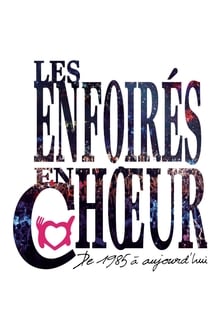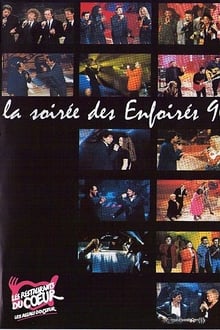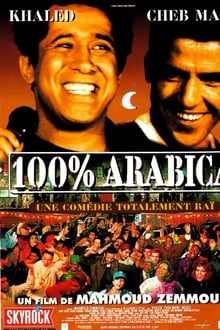
Personal Info
Known For
Acting
Known Credits
9
Gender
Male
Birthday
February 29, 1960 ( 64 years old )
Place of Birth
Oran, Algérie
Also Known As
Khaled Hadj Ibrahim
Khaled
خالد حاج ابراهيم
Cheb Khaled
Khaled Hadj Ibrahim (Arabic: خالد حاج إبراهيم; born 29 February 1960), better known by his mononym Khaled (Arabic: خالد), is an Algerian raï singer, musician and songwriter. He began recording in his early teens under the name Cheb Khaled (شاب خالد, Arabic for "Young" Khaled, with "Cheb" as a common title for male raï singers). Khaled is one of the most important musicians in the history of Raï music in his native Algeria and is one the world's best-known Arab singers. To date, Khaled has sold over 80.5 million albums (10 diamond, platinum, and gold) worldwide, making him one of the bestselling Arabic-language singers in history Among his most famous songs are "Aïcha", "Didi", "El Arbi", "Abdel Kader", "La Poupée qui fait non", "Wahran Wahran", "Bakhta", "C'est la vie", and "Alech Taadi". He holds the Guinness World Record for best-selling artist of raï music. Khaled was born on 29 February 1960 in Oran's Eckmühl neighborhood, Algeria. His rise to national fame was mainly due to the efforts of Lieutenant-Colonel Hosni Snoussi, director of the state-supported arts and culture Office Riadh el Feth, who took Khaled under his wing and invited him along with other rai stars to perform at the state-sponsored Festival de la Jeunesse pour la Fête Nationale in Algiers in July 1985. In the same year, he was crowned king of rai in the first official festival of rai which was staged in Oran. Hosni Snoussi and Martin Meissonnier, who met at the Festival, convinced France's Minister of Culture Jack Lang that the export of rai from Algeria to France was in the French government's interest and together they organized the first rai festival in France at Bobigny in 1986. Cheb Khaled, who had been avoiding his mandatory military service, was able to perform at Bobigny only after Colonel Snoussi intervened with the Algerian military authorities to secure him a passport. Shortly thereafter, Snoussi arranged for Cheb Khaled to record in France, with funding from the Office Riadh el Feth. The album, Kutché, released in 1988, a collaboration between Khaled and the Algerian jazz musician Safy Boutella, expanded his reputation in France, where he soon settled. In 1992, having dropped the "Cheb" from his performance name, he recorded Khaled, which was produced by Don Was. The album's first single Didi, which was a major hit in Europe, the Arab World, and in South and East Asia, made him an international superstar. "One of the Pioneers of world music, Rai musician Khaled has gone beyond all geo-political boundaries to become one of the world's most popular performers, mixing traditional Algerian music with western rhythms and styles such as soul, rock and reggae to achieve his distinctive sound and voice unlike anyone ever. Khaled has been celebrated not only for his music, but for his role as a builder of bridges between cultures. selling more than 80 millions copies around the world makes him a nationwide celebrity and unofficial ambassador for the country's Arab minority."—Food and Agriculture Organization of the United Nations, Rome, 2008. ... Source: Article "Khaled (musician)" from Wikipedia in English, licensed under CC-BY-SA 3.0.
Known For
1, 2, 3 Soleils
1999-01-01Algérie, Mémoires du Raï
2001-01-02Africa Rising
2019-06-03100% Arabica
1997-11-05حكايات الراي
2004-12-01








